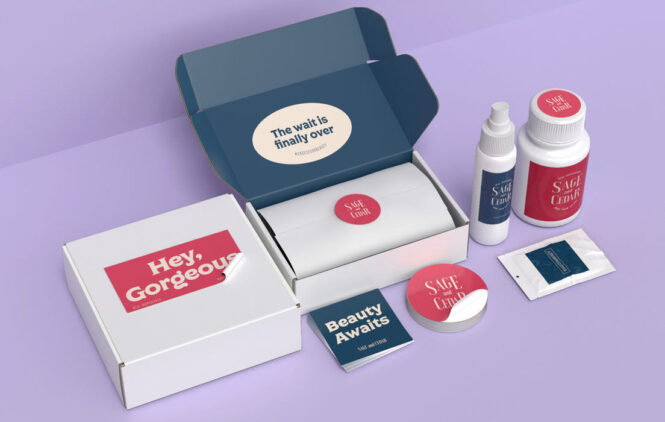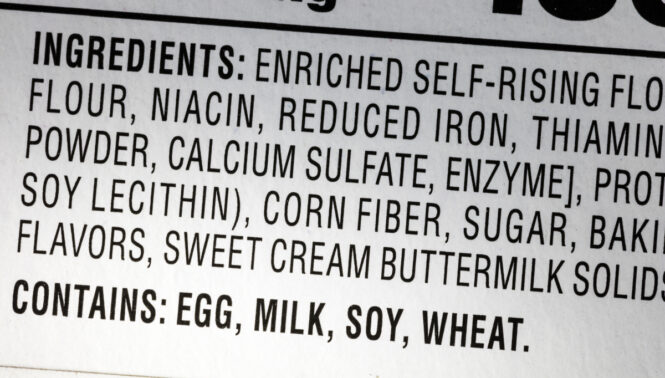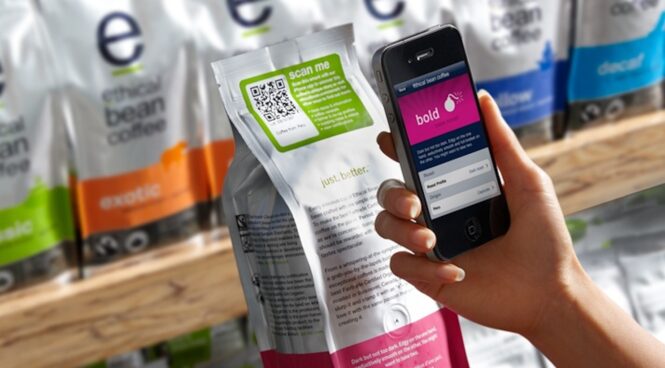There are many different sides to the world of marketing. Some people discuss the benefits of outsourcing it, and others research the use of product labels. Rather than being mere strips of text and imagery, labels are heavy-lifting tools in the sphere of product marketing. In this article, we’ll dive deeper into their role, understanding their unparalleled importance in today’s branding and advertising strategies.
They’re A Direct Communication Channel
At the very core, labels serve as the voice of a product. When consumers encounter an item for the first time, it’s the label that introduces, describes, and sets expectations. It communicates much more than just the product’s name or its primary function. It provides a backdrop, detailing the heritage of the product, and the philosophy of the brand. It also relays its vision for its consumers.
In essence, labels initiate a silent conversation with the potential buyer. It can offer tangible details (such as ‘low sugar’, ‘energy-saving,’ or ‘spicy flavor’), based on facts and information. In addition, labels can communicate intangible brand narratives (such as ‘invigorating shower gel’ or ‘unforgettable scent’). In turn, this can establish a foundational connection between the consumer and the product.
They Elevate Brand Identity

Every brand aspires to be distinctive and to have a unique voice. It’s key that this resonates amidst the cacophony of a saturated marketplace. Labels play a central role in this quest. Rather than being mere informational stickers, they are works of art. They involve the meticulous amalgamation of colors, designs, fonts, and logos. As a result, labels can evoke a spectrum of feelings in the consumer.
This emotional connection is paramount. A brand may aim to elicit a sense of luxury, nostalgia, innovation, or earthiness. In these scenarios and more, it’s the label that becomes the visual and emotional touchpoint. When done successfully, it can create lasting impressions.
By marketing a memorable brand, you can inspire custom and repeat custom. In order to professionally display your brand identity, it’s essential to use the right technology. For instance, there are automatic label machines that can apply labels to your products, boxes, totes, or pallets. They can do this more quickly and consistently than when involving manual processes. This reduces errors, and you can adapt your equipment as your needs change.
They Influence Buying Decisions
The consumer journey (especially in physical stores) is filled with fleeting moments of decision-making. Amidst rows of similar-looking products, it’s often the label that clinches the buying decision. An effective label does more than just stand out. It communicates the product’s unique benefits and features, and may also promote its exclusivity.
The art of persuasion is subtle. It can be achieved through strategic highlighting of a rare ingredient’s potency, or a novel manufacturing technique. There may have been a special collaboration, or perhaps it’s a limited-range product that’s only briefly available (‘buy now while stocks last’). When created effectively, labels can draw consumers in, prompting them to choose one product over another.
They Ensure Transparency And Trust

Today’s discerning consumers value transparency as much as the product itself. They seek to align their purchases with their values, making authenticity a brand’s greatest asset. Labels are instrumental in offering this transparency. They can detail aspects like sourcing locations, manufacturing practices, certifications, and more. As a result, labels provide a candid window into the product’s journey.
This forthrightness fosters trust among the general public. We live in a world where brand loyalty is a coveted prize. When trust is cultivated through transparent labeling, it becomes the bedrock of lasting consumer relationships.
For instance, some people have allergies to certain foods. They may have issues eating wheat, gluten, dairy, or nuts. In these scenarios, the food labels are more than academic. They give potential customers peace of mind that they’ll be safe to eat the food without repercussions. Once again, this transparency – and the trust it generates – is absolutely essential for inspiring sales and repeat customers.
They Adhere To Regulations And Standards
Beyond the realms of branding and communication, labels shoulder a significant responsibility: ensuring regulatory compliance. Various industries are bound by stringent labeling requirements. This dictates the need for specific disclosures. These can range from nutritional information in foods to safety protocols in electronics.
By adhering to these mandates meticulously, brands can sidestep potential legal issues. The latter could result in financial penalties, and even potentially being closed down. Once a company’s reputation has been damaged by adverse publicity, it can be hard to remain as profitable as before. For consumers, a compliance badge signifies a brand’s commitment to safety and ethical practices.
They Utilize Technology For Engagement

Labels in the 21st century are marvels of technological integration. Rather than remaining restricted to static information, they’ve become interactive portals. With features like QR codes and augmented reality markers, consumers can now delve deeper into product stories.
They can engage with multimedia content, and even access exclusive digital offers. This technological layering transforms labels from passive informers to dynamic engagement platforms. In turn, this enriches the consumer’s interaction with both the product and the brand.
They Emphasize Sustainability And Ethics
As global consciousness shifts towards sustainability and ethical practices, labels have adapted to reflect these priorities. Modern labels often wear badges of honor, showcasing a brand’s commitment to eco-friendly practices, ethical sourcing, or community initiatives. These labels may display details about recyclable packaging or cruelty-free products.
They may reflect Fair Trade concerns that ensure third-world producers receive decent salaries for their work. Also, certain foods may be labeled organic or free-range. For a growing segment of consumers who prioritize these values, such labels aren’t just informative. Instead, they’re determinants of people’s purchase decisions. Brands that leverage this space effectively position themselves as industry leaders in sustainability and ethics.
Labels can encapsulate the soul of a brand and the essence of a product. Their influence spans a wide arc, from initiating first impressions to fostering lasting brand loyalty. Product labels can faithfully serve as informers, persuaders, regulators, and engagers. Rather than being sidelined, they deserve a central place in any company’s marketing activities.
 Imagup General Magazine 2025
Imagup General Magazine 2025



